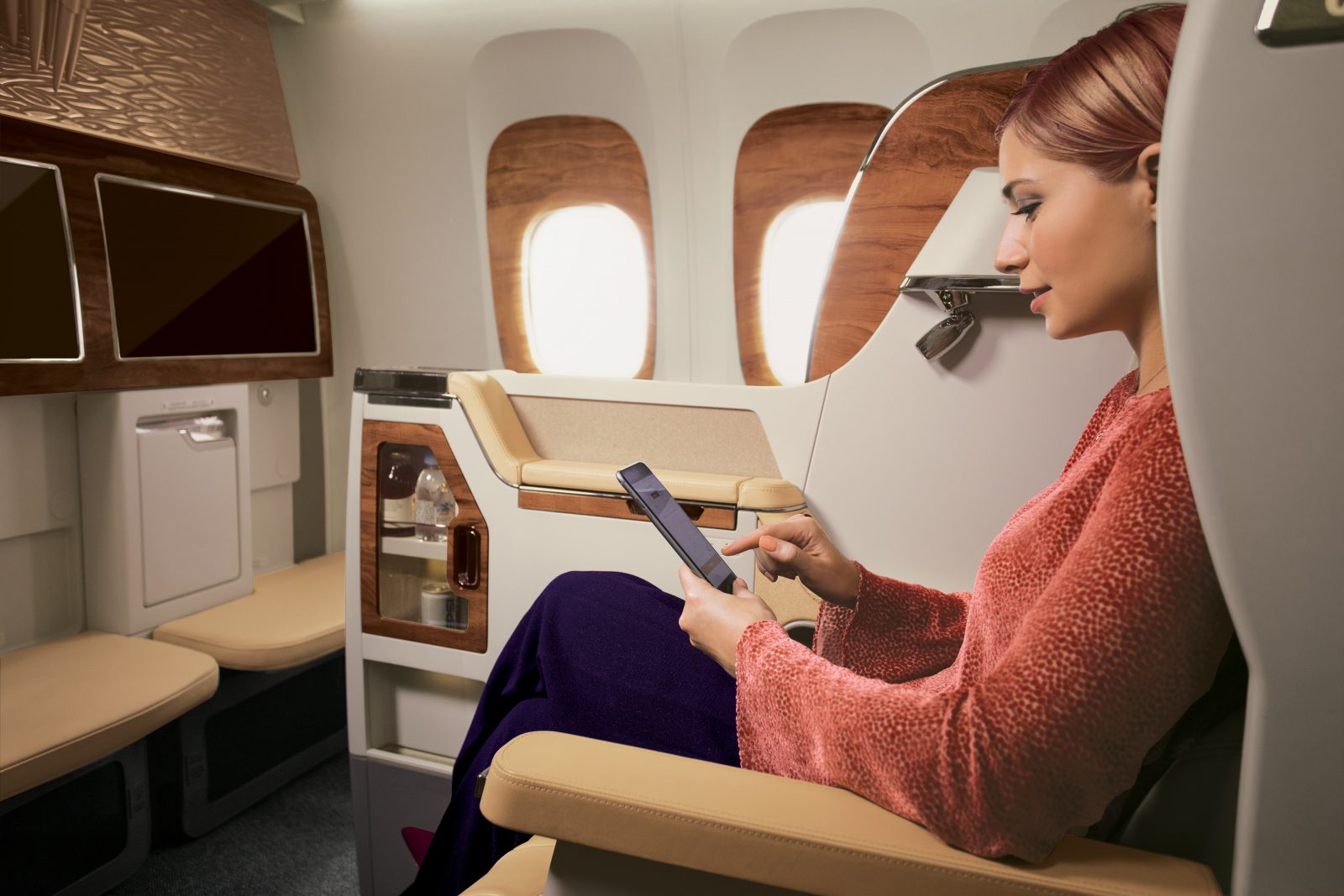
The U.S. Federal Communications Commission confirmed on Monday that it had formally terminated a proposal to allow the use of in-flight voice calls onboard commercial planes in the United States. The commission first started to investigate allowing passenger access to expanded mobile wireless services back in 2013 but the idea quickly drew a fierce backlash, notably from flight attendant and pilot groups.
In its final ruling, the FCC concluded that it was impossible to find a “reasonable solution that would strike an appropriate balance of competing interests”. The ruling explained: “There is strong opposition to the Commission’s proposals from many commenters in this proceeding, including our nation’s airline pilots and flight attendants”.
The Association of Flight Attendants (AFA-CWA) has long campaigned to block lifting a decades-old ban on the inflight use of cell phones. The union, which represents flight attendants at 20 airlines including United, described the idea as an “ill-advised change” that would increase tension and make the jobs of its members harder.
“Expanded cell phone use would compromise Flight Attendants’ ability to maintain order in an emergency, increase cabin noise and tension among passengers, and add unacceptable risk to aviation security,” the union had complained.
In 2017, the FCC said it wouldn’t take the proceeding to allow expanded mobile phone use any further and the FAA Reauthorization Act of 2018 had already blocked the use of mobile phones onboard U.S. aircraft for voice calls.
In contrast, aviation regulators in some countries have allowed passengers to use mobile phones for voice and video calls for years. Dubai-based Emirates, for example, has allowed passengers to make voice calls for over 12-years, in which time over 2.8 million calls have been made. Over 87 million SMS text messages have also been sent.
The longest phone call made on an Emirates flight originated from a U.S. airport back in February 2018 when a passenger onboard a service from Orlando to Dubai made a call that lasted nearly four hours.
While U.S. airlines won’t be able to install equipment that allows traditional cellular communication, passengers might still be able to make calls by connecting to in-flight WiFi and using ‘voice over internet protocol’ services like Whatsapp and Skype. These, however, are still banned even if technically possible.
Related
Mateusz Maszczynski honed his skills as an international flight attendant at the most prominent airline in the Middle East and has been flying ever since... most recently for a well known European airline. Matt is passionate about the aviation industry and has become an expert in passenger experience and human-centric stories. Always keeping an ear close to the ground, Matt's industry insights, analysis and news coverage is frequently relied upon by some of the biggest names in journalism.







